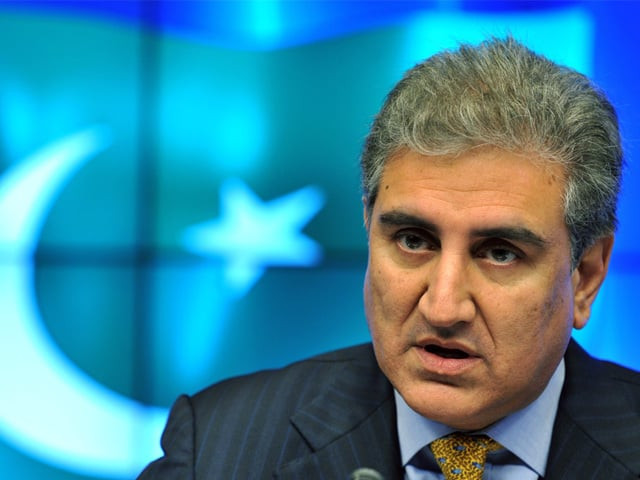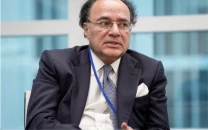Pakistan cautiously backs NATO troop pullout plan
Memories of the US walking away from Afghanistan in 1989 still raw.

Pakistan is crucial for the US-led efforts to stabilise war-ravaged Afghanistan because its border areas are sanctuaries and training grounds for al Qaeda and Taliban militants. Western allies have been pressing Pakistan to take tough action against these havens.
At a conference in Lisbon on Saturday, Nato agreed to hand control of security in Afghanistan to Afghan forces by 2014 as several Western nations seek an exit from almost a decade of the war deeply unpopular among their people.
Nato said it could halt combat operations by 2014 as well, if security conditions were good enough, a proviso that Foreign Minister Shah Mahmood Qureshi said was key to any pullout of foreign forces.
“It (the timetable) has been qualified and the qualification is that they begin the withdrawal in line with ground realities and the ability of the Afghan authorities to resume the responsibility of their security,” Qureshi told Reuters by telephone from Indonesia, where he is on an official visit.
A rise in violence in Afghanistan after any pullout, or a collapse into chaos, is a major concern for Pakistan.
Memories of the US walking away from Afghanistan after the Soviet withdrawal in 1989 and leaving the region in chaos are still raw in Pakistan.
“If the Afghan army fails to deliver and foreign forces leave Afghanistan, then there will be another civil war in Afghanistan and it will have a big impact on Pakistan,” Rahimullah Yusufzai, an expert on Taliban and tribal affairs, said.
US special representative for Afghanistan and Pakistan Richard Holbrooke has also said that 2014 will not mark the end of international presence in Afghanistan.
“There will be continued economic assistance, there will be continued training of the Afghan army and police,” he told reporters in Islamabad last week.
Published in The Express Tribune, November 22nd, 2010.



















COMMENTS
Comments are moderated and generally will be posted if they are on-topic and not abusive.
For more information, please see our Comments FAQ